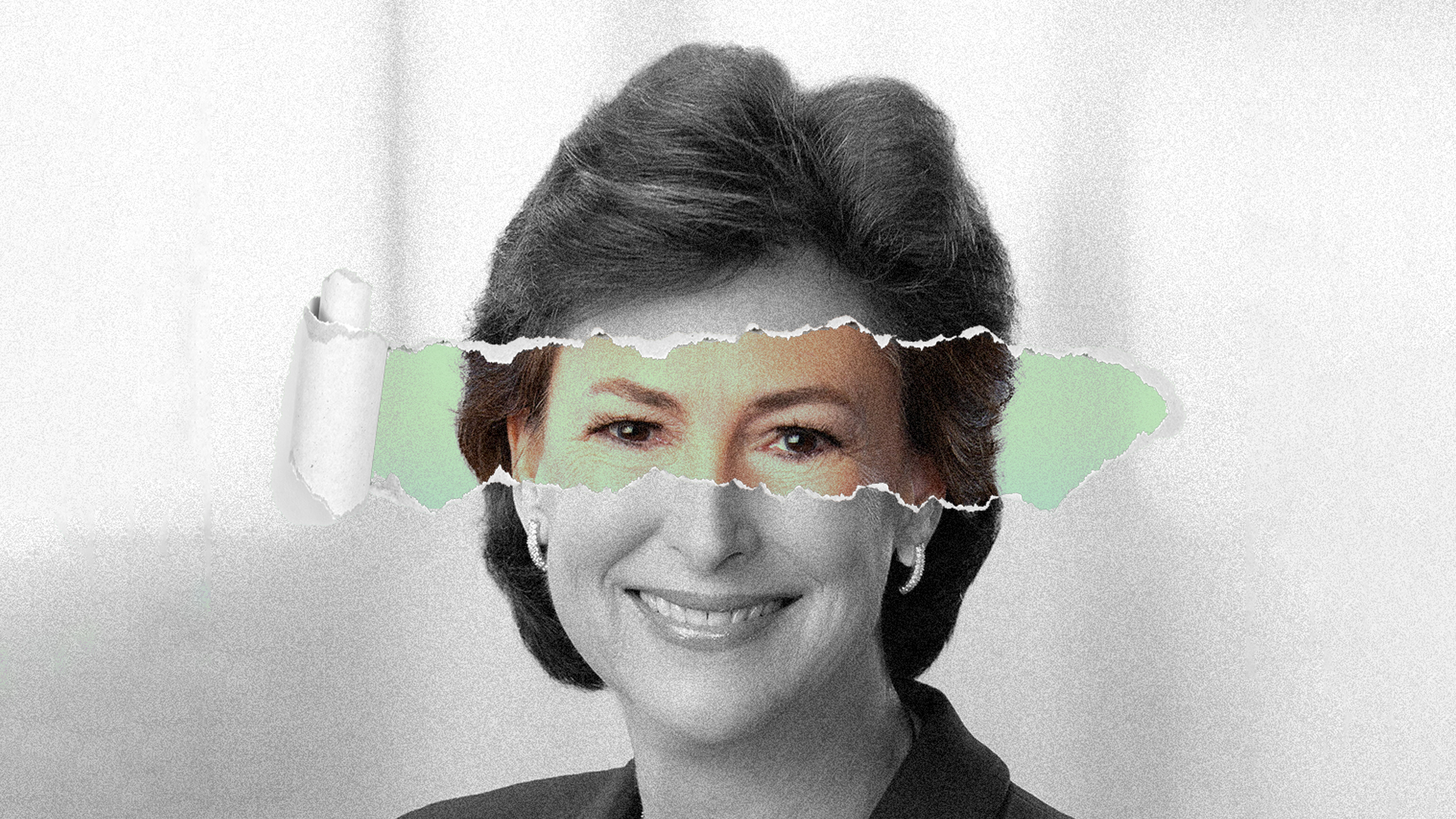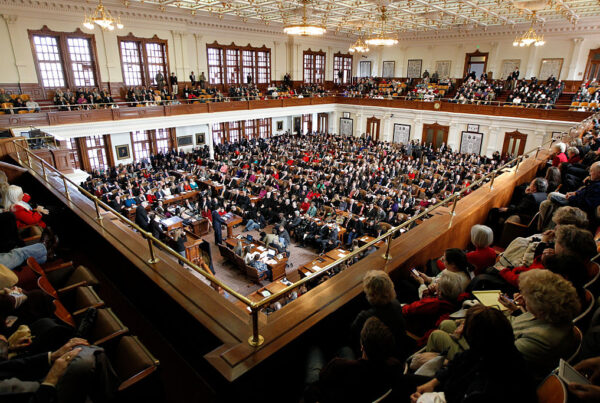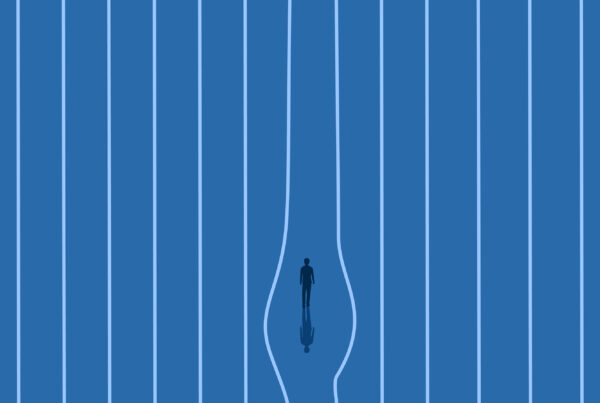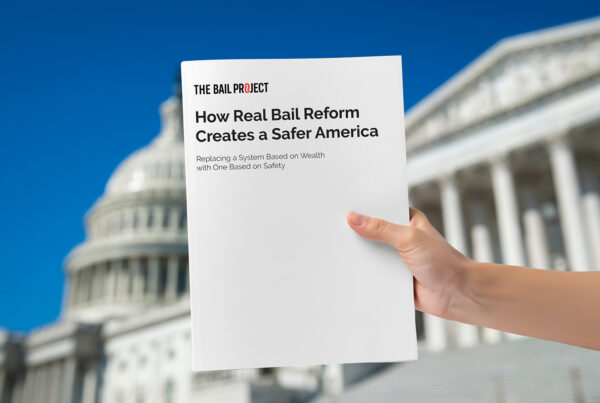Outgoing Harris County District Attorney, Kim Ogg, has been anything but consistent on critical criminal justice issues. Her tenure as District Attorney – marked by an about-face on bail reform – looked dramatically different from the one she first ran to get elected eight years ago.
The people of Harris County finally said enough is enough. By February 2024, Ogg’s approval dampened, with the majority of potential voters (61%) saying they viewed Ogg unfavorably. This turn in fortune, which many view as a referendum on Ogg’s political flip-flopping, sends a clear signal: Ogg’s reversal and ultimate rejection of cash bail reform is chief among reasons why the public turned their back on her.
When Ogg first came into office in 2017, the Harris County jail was crowded and falling apart, replete with reports of inhumane and dangerous conditions. As system stakeholders looked to identify opportunities for reform, cash bail – a primary driver of pretrial incarceration – became an obvious place to start.
As a result of cash bail, people are unnecessarily incarcerated simply because they can’t afford to pay bail amounts set against them. When people are incarcerated on bail amounts they cannot afford, they risk losing their jobs, homes, even custody of their children. Their physical and mental health declines. A period of pretrial incarceration as short as 48 hours increases a person’s likelihood of being arrested again in the future because of how destabilizing incarceration is. Compared to people released pretrial, those incarcerated on excessive bail face worsened case outcomes and are more likely to plead guilty to crimes they believe they are innocent of.
Ogg acknowledged the harms of cash bail as a candidate in her first election, promising to “support bail reform at every level” and reduce the number of “poor people in jail simply because they don’t have the money to bond out.” These messages resonated with the public and she won her first primary in a landslide. Ogg’s initial victory marked a new era for more impartial prosecution in Harris County. With the public and politicians signaling that they were ready for change, Ogg had a very clear mandate: deliver on her promise to limit the use of money in our criminal justice system.
In a well-functioning pretrial system, safety, not wealth, should determine who is incarcerated pretrial. But when cash bail exists, a two-tiered system of justice persists: one for the rich, and another for everyone else. Cash bail is incongruent with a system grounded in the presumption of innocence, equal justice under the law, and due process – this is something Ogg knew, but eventually chose to ignore.
After a federal judge ruled in 2019 that the bail setting procedures in Harris County were unconstitutional and officials settled a class action lawsuit by limiting bail for people charged with misdemeanor offenses, Ogg became publicly critical, claiming erroneously that bail reform is “associated with more crime.” She frequently appeared at the state capital to provide testimony promoting harmful policies that would expand pretrial detention, while simultaneously obscuring the successes of bail reform in Houston. Ogg’s public opposition marked a turning point in her stance on bail reform – one from which she would never turn back.
Ogg wound up on the wrong side of bail reform. According to the independent court-appointed monitor, bail reform has been a resounding success in Harris County. The entire misdemeanor system has shrunk. The Harris County reform has reduced racial disparities, decreased pretrial detention, and increased court appearance rates – all without new arrests increasing. Houston is altogether safer than before the reforms went into effect and should serve as a model for other jurisdictions to follow. And Harris County’s results do not stand alone – nearly a dozen jurisdictions across the country have also effectively reduced or eliminated cash bail without compromising community safety.
During her tenure, Ogg doubled-down on a failed cash bail policy, abandoning her commitment to reform. In choosing to do so, Ogg sealed her fate among the people of Harris County.
Image: Wikipedia HCDAO Comms CC BY-SA 4.0
Thank you for reading. The Bail Project is a 501(c)(3) nonprofit organization that is only able to provide direct services and sustain systems change work through donations from people like you. If you found value in this article, please consider supporting our work today.











